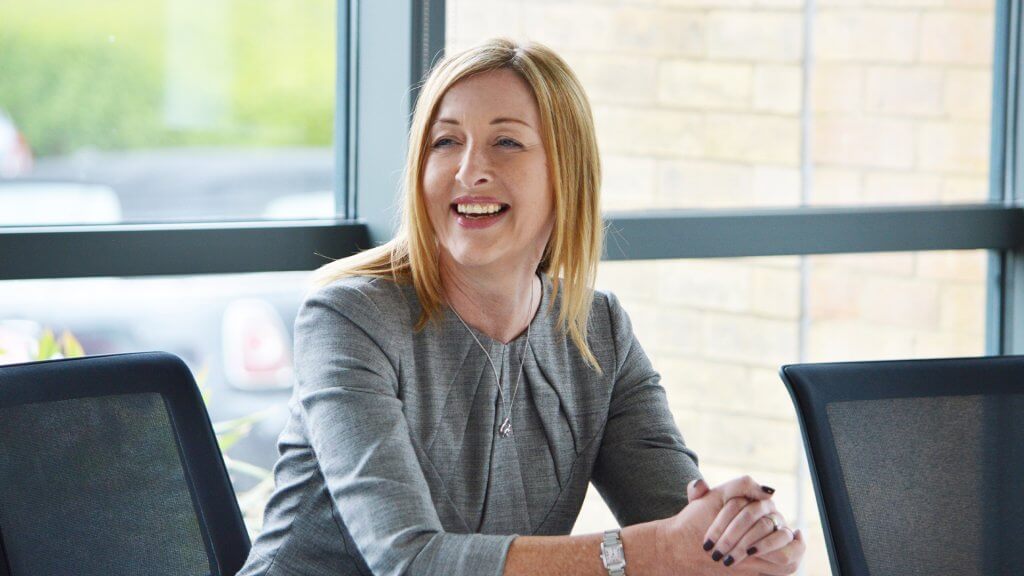
Quantitative easing is a monetary policy used by the governments of nations during difficult economic times to boost the economy. Quantitative easing comes into play when a nation is grappling with drastic economic slowdown or recession. The flow of money in the economy reduces and inflation reaches an all-time low. In such circumstances, an efficient way to raise inflation to an optimum level of 2% to 2.5% and have cash in circulation is to lower the interest rates and increase the borrowing capacity of individuals. This is where quantitative easing springs into action to support the economy. The central bank creates new money by printing more notes or by adding multiple zeros to their account balance. The new money is used to purchase government bonds on a large scale. The rampant purchase helps to lower the yields on the bonds and, thus, the interest rates on loans like mortgages and business loans. As a consequence of low borrowing rates, it is easier for individuals to take out loans and spend more money, easing the pressure on the economy.
The Bank of England has turned to quantitative easing in response to the economic damage caused by the coronavirus pandemic. The GDP of the UK dropped by 20.4% in April 2020 because of the downturn of the economy and shutdown caused by COVID 19. It is expected to go further down by 11.5% for the full year 2020, or by 14% if a second wave hits the country. According to The Bank of England, this will be the worst recession in the UK in 300 years and will need bold and stringent moves for the economy to recover. The Bank has already unleashed £200 billion of quantitative easing in March 2020. A total to £645 billion has been injected into the economy by selling government bonds. The Bank of England has decided to pump more money into the economy by an additional quantitative easing of £100 billion in June 2020 which will be followed by an additional £50 billion in September 2020 and £50 billion in December 2020.
The coronavirus pandemic has not only impacted the physical health of individuals but also their mental wellbeing and financial stability. Many businesses have failed, and companies have closed their doors due to their inability to survive through the financial pressures caused by the pandemic and the associated shutdown. The shutdown caused the GDP of the UK to plummet and it is expected to fall further in the coming months.
In such times, the ultimate goal of the UK government is to boost the economy and help it recover as fast as possible. Similar to the times of the global recession in 2008, The Bank of England quickly lowered the bank rate to a record low of 0.1%. The move is meant to keep the cost of borrowing low and encourage households to spend more and keep more money in circulation. However, there is a limit to how low the interest rates can fall. The Central Bank is considering taking the Bank Rate to a never-before negative to save the economy if qualitative easing does not work to push the economy up and keeping it afloat.
Bank Rate is the most important interest rate in the UK as it determines the interest rate at which big banks hold money with the Bank of England. The interest rate that banks pay to the Bank of England also influences the rate they charge their customers. Thus, the bank rate determines the cost of borrowing and spending in the UK, it plays a significant role in fighting the recession.
The impact of bank rate on the economy, businesses, and people varies with whether they are borrowing or saving money. When the bank rate falls, the interest rates on mortgages and loans also plunge, making borrowing cheaper. At the same time, the interest rates on savings also go down, making it less rewarding for individuals to save. As a result, people and businesses tend to save less and spend more. As spending increases, the inflation stays controlled at an optimum level of 2%, and the economy gets a significant boost.
Quantitative easing has supported economies during economic disasters in the past. It was introduced right after the financial crisis of 2008 to increase the quantity of money in circulation and boost the tattered economy. However, despite the efforts of the government to create more money through quantitative easing, it is not sure if the spending will truly increase amidst the financial instability caused by the COVID 19 pandemic.
During economic uncertainties, like the one we are in the middle of, people tend to save more than spend. The stocks and shares have taken a beating in the equity market, and people have lost a significant amount of their investments and savings. Also, a fall in the rate of inflation will entice people to save more. Inflation fell to 0.8% from 1.5% in March 2020 because of the fall in oil prices and energy bills. Savers can take advantage of the fall in inflation, if the returns on their investments are lower than the inflation rate then they can transfer investments to an above-inflation interest rate savings account to earn more money. Wistfully, the worst is not yet over! There could be a second wave of the pandemic leading to another wave of a shutdown. The unemployment rates are at a record high, and employees are laid off and furloughed for businesses to keep their heads above water. During such times, it is highly improbable that people will spend more, rather than save, despite the low-interest rates resulting from quantitative easing.






















